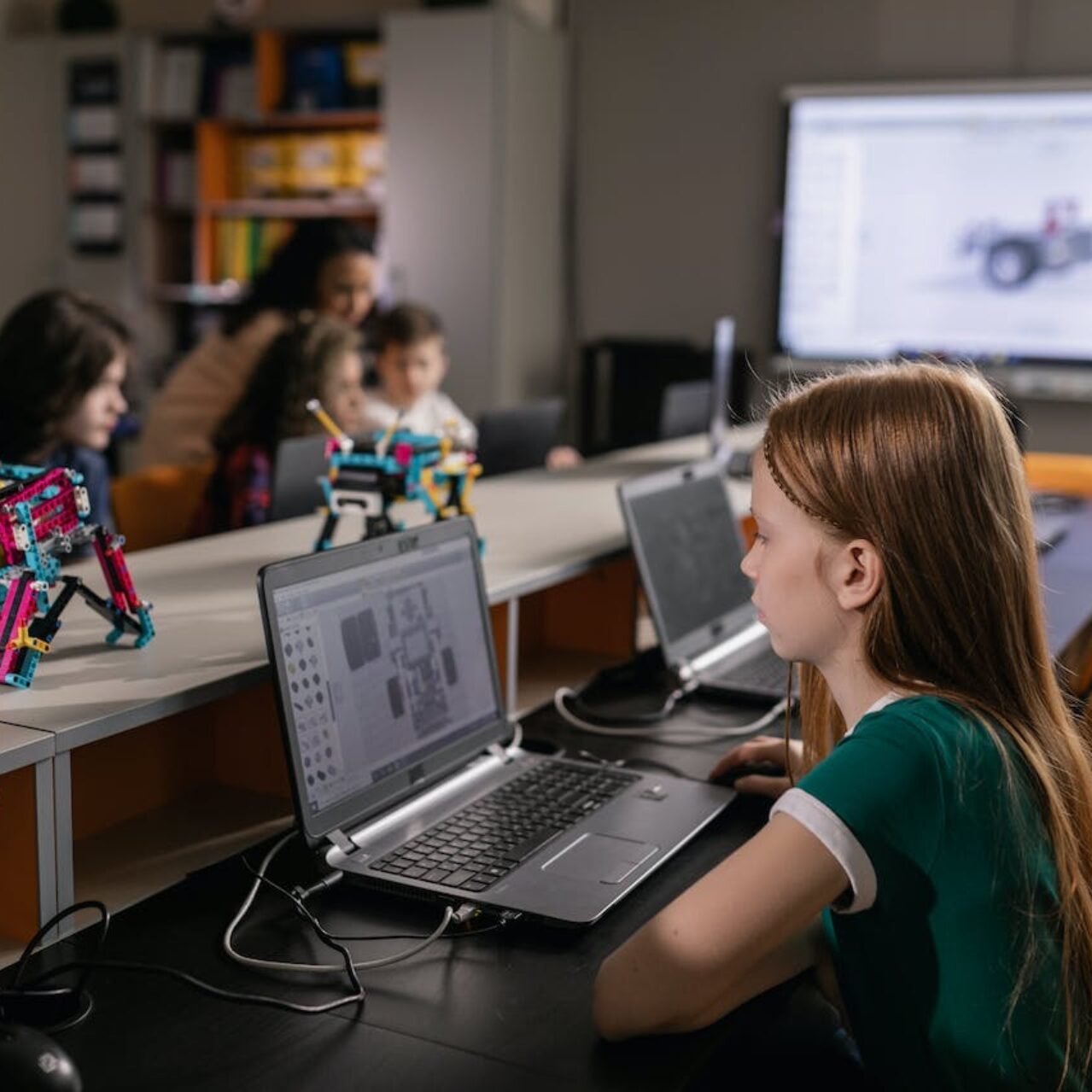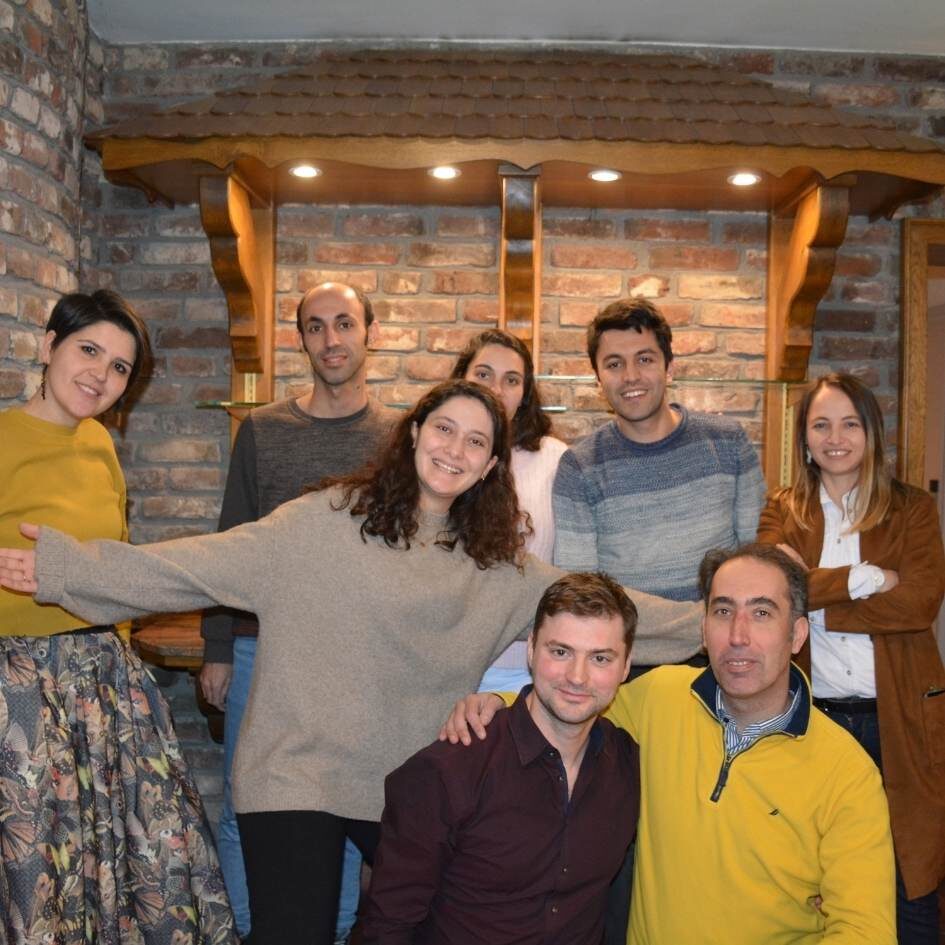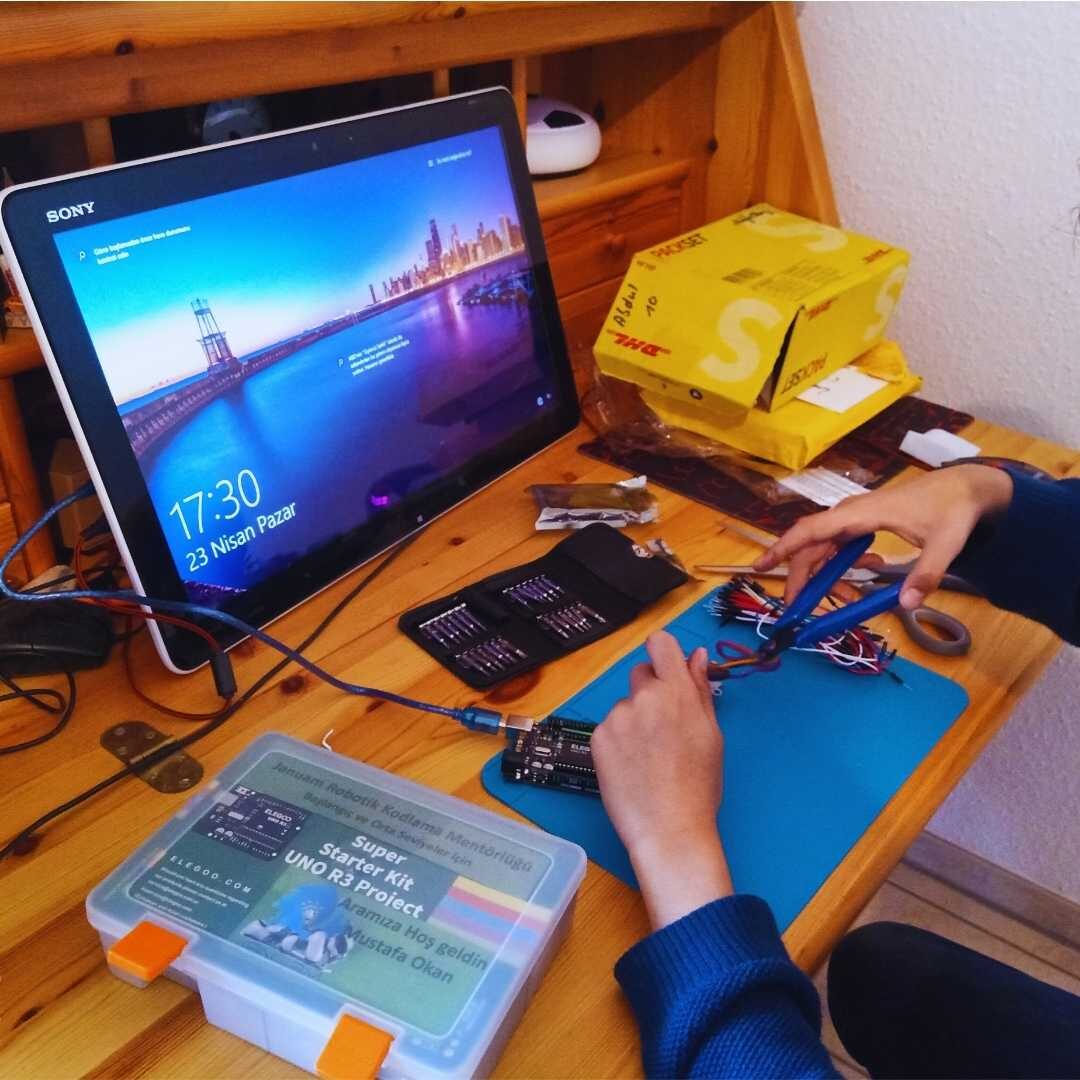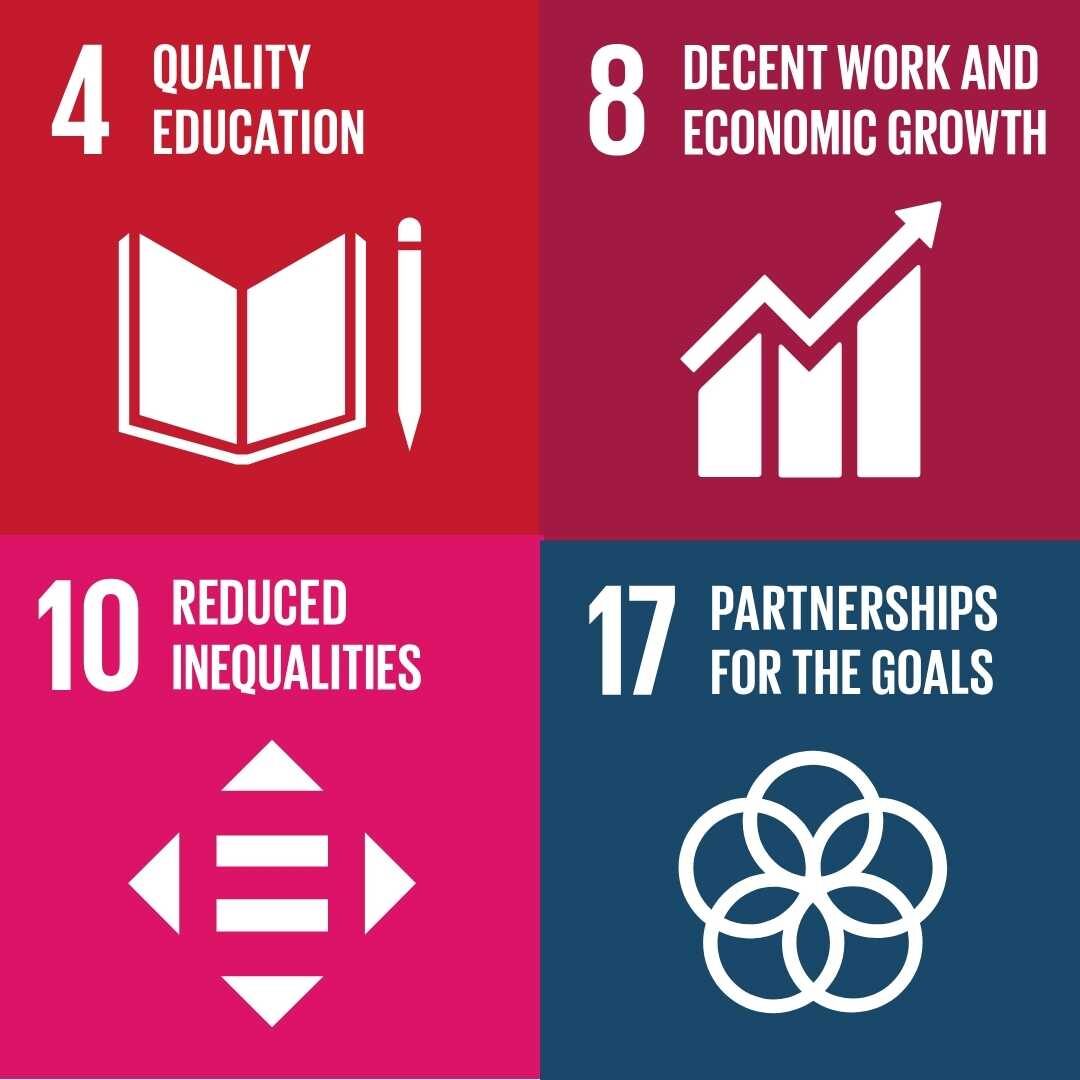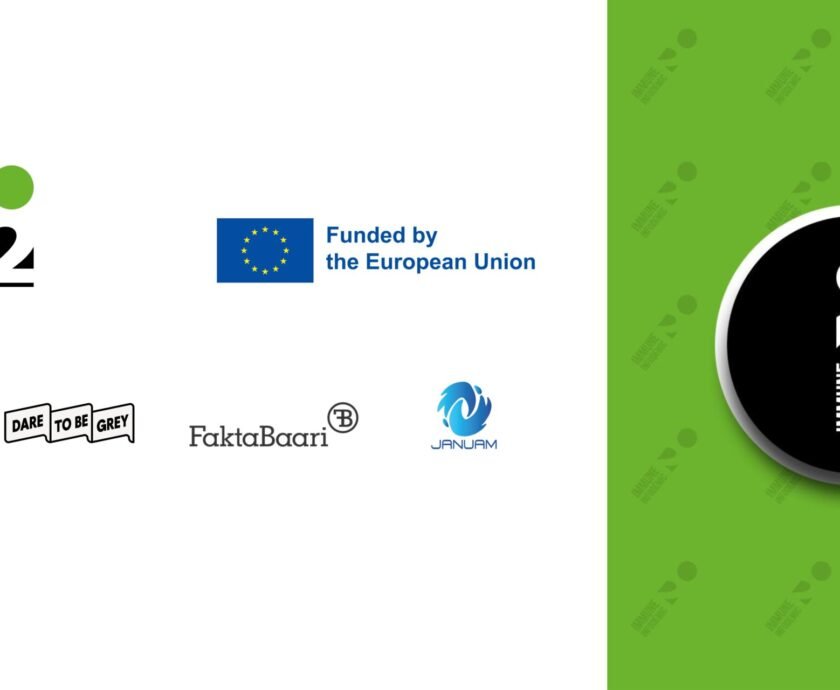Information Bombardment and Fake News : We should raise awareness
Information Bombardment and Fake News: We should raise awareness
In recent times, we have been experiencing what can be described as “infoturbulence.” This term, or “cognitive disaster,” captures the overwhelming influx and reshaping of information that bombards our subconscious minds, challenging us to make it understandable, relevant, and useful.
One Big Cause: Social Media Consumption
The primary driver of this phenomenon is our heavy reliance on social media for training our brains. Our daily consumption of vast amounts of information through these platforms shapes our cognitive processes significantly. This aligns with the concept of the **Illusory Truth Effect**, detailed in Sander van der Linden’s book “Foolproof,” which suggests that the more often we hear a statement, the more “true” it sounds. This effect can lead us to believe misinformation simply due to its repeated exposure .
Perception of Fake News in Germany
According to a recent study more than 80% of participants agree that fake news poses a threat, and 78% see fake news as harming democracy. Even though almost half of all participants (48%) stated that they had perceived fake news, the majority claims not to have interacted with it in any of the suggested ways. Only 2% admitted to having created fake news. Moreover, most participants agreed with all suggested ways to deal with or counteract fake news. [1]


The Dual Nature of Infoturbulence
Infoturbulence is not inherently negative. When managed effectively and with clear goals, it can lead to promising outcomes. For instance, one can:
– Acquire new skills quickly
– Build communities
– Create businesses
– Engage in volunteerism
However, when mismanaged, infoturbulence can devolve into a cognitive disaster. Exposure to biased, racist, intolerant, and extremist messages can become overwhelming. Sociological, societal, and political events are increasingly influenced by this digital deluge. This is exacerbated by the motivated brain, which seeks out or rejects evidence to support pre-existing beliefs, contributing to confirmation bias.
The Dangers: Mis-, Dis-, and Malinformation
A lack of digital media literacy and critical thinking skills, coupled with the rapid pace of information consumption, makes us susceptible to mis-, dis-, and malinformation. Each individual, culture, and country tends to create its own echo chamber, reinforcing pre-existing beliefs and biases. These echo chambers tap into our subconscious minds, shaping our perceptions and actions.
Related terms are defined below:
– Fake news: “Purposefully crafted, sensational, emotionally charged, misleading or totally fabricated information that mimics the form of mainstream news”. [2]
– Misinformation: False information unintentionally or unknowingly disseminated . [3]
– Disinformation: False information intentionally disseminated with the intent to deceive, discredit, or harm. [4]
– Malinformation: Mal-information is information that is based on reality but it is used to inflict harm on a person, organisation or country.[5]
The Influence of Echo Chambers
From administrations and leaders to cultures and online communities, our conscious and unconscious choices in the digital realm significantly impact our physical and psychological well-being. Just as our diet influences our physical health, the information we consume affects our mental state. “Echo chambers” and “filter bubbles,” as discussed in Foolproof, exacerbate this by amplifying existing biases and reducing exposure to diverse perspectives .
The Sensitivity of Youth
The extreme use of social media among young people and young adults makes them particularly vulnerable to the effects of infoturbulence. This demographic’s developing minds are especially sensitive to the constant bombardment of digital information. The spread of conspiracy theories, which fulfill psychological needs for knowledge certainty, existential relief, and relational belonging, further complicates the landscape.
Some Current Fake News
To make the topic more understandable and relevant to current issues surrounding our daily lives, here are some examples of fake news:
Example 1:
– Claim: Germany vs. Spain Euro 2024 match to be replayed
– Origin: TikTok posts
– Date of Claim: July 6, 2024
– Facts: The claim, originating from TikTok and falsely attributed to “Kölner Abendblatt,” a satirical site, stated that the Euro 2024 match between Germany and Spain would be replayed. UEFA denied the claims, confirming them as “Fake News,” highlighting logistical impossibilities and the lack of credible sources.
– Conclusion: The claim is entirely fabricated and has no basis in reality. [6]
Example 2:
– Claim: Various false information about European parliamentary elections
– Origin: Social media, especially TikTok and Facebook
– Date of Claim: June 6-7, 2024
– Facts: Multiple claims included false statements such as “A ballot is invalid without a signature” (Fact Check: False. Signed ballots violate secrecy and are invalid. Misleading images claimed otherwise) and “The AfD has been excluded from European elections” (Fact Check: False. The AfD was expelled from a group but not banned from elections).
– Conclusion: Multiple false claims about election processes circulated to mislead voters. [7]
Example 3:
– Claim: Migrant in Warsaw destroyed a tram
– Origin: Social media posts on X and Facebook
– Date of Claim: Early July 2024
– Facts: The video was recorded in September 2019 in Villeneuve-la-Garenne, France, not Warsaw. The Paris public transport company confirmed the cyclist was angry about not being allowed to board the tram with his bicycle.
– Conclusion: The claim is false. The incident did not involve a migrant in Warsaw. [8]
If you’re looking to verify information and combat misinformation, here are some reputable fact-checking organizations in Germany and Europe. In Germany, Correctiv and Mimikama are notable sources, along with ARD Faktenfinder and dpa-Faktencheck. For broader European coverage, consider EU vs Disinfo, Full Fact from the UK, Les Décodeurs in France, Faktograf in Croatia, Maldita.es in Spain, Pagella Politica in Italy, and Demagog in Poland. These organizations are dedicated to providing accurate information and debunking false claims across various platforms.
Media Literacy, Projects and Conclusion
Raising awareness at the individual level within society has become essential for safeguarding the future of democracy and diversity. Rather than succumbing to provocation, fostering digital literacy and critical thinking can help us navigate this cognitive storm. **Prebunking**—exposing people to weakened doses of misinformation and debunking it—can cultivate intellectual antibodies against falsehoods, as van der Linden suggests .
As stated by the INGE committee, media literacy projects will play an important role in increasing awareness among distinct segments of society. The revised Audiovisual Media Services Directive requires Member States to ‘promote and take measures for the development of media literacy skills’. Enhancing critical thinking abilities, endorsing high-quality journalism, and bolstering science education are essential steps for progress. Additionally, addressing this issue in the public sphere is crucial. By leveraging academic knowledge presented in an accessible manner, public media could host conferences and awareness campaigns to explore knowledge-based topics like the nature of truth . [9]
Supporting local journalism and citizen journalism initiatives is vital. Successful projects—initiated also by migrants—aimed at fostering local community media to combat disinformation should be sustained and broadened to encompass minority groups .
In an era of infoturbulence, our ability to manage the flow of information is crucial. By cultivating digital media literacy, critical thinking, and intentional information consumption, we can transform potential cognitive disasters into opportunities for growth and collaboration. This, in turn, will contribute to a healthier, more informed, and diverse society.
Summary from “Foolproof” by Sander van der Linden:
The book “Foolproof” delves deeply into the psychological underpinnings of misinformation and disinformation, providing a comprehensive framework to understand and combat these challenges. Key takeaways include:
– Illusory Truth Effect: Repeated statements are perceived as more truthful.
– Motivated Reasoning: Confirmation bias and the desire to be socially accepted can skew our perception of truth.
– Conspiracy Theories: These fulfill psychological needs but are often implausible and dangerous.
– Echo Chambers and Filter Bubbles: Social media algorithms and our own choices create reinforcing environments that amplify biases.
– Prebunking: Proactively exposing and debunking misinformation can help build resistance to falsehoods.
– Psychological Herd Immunity: Enhancing digital and media literacy can protect society from the widespread impact of misinformation.
By integrating these insights into your understanding of infoturbulence, you can provide a more nuanced perspective on how to navigate and mitigate the cognitive challenges posed by the digital age .
References
[1] Reuter, C., Hartwig, K., Kirchner, J., & Schlegel, N. (2021). Fake News Perception in Germany: A Representative Study of People’s Attitudes and Approaches to Counteract Disinformation. Technische Universität Darmstadt, Science and Technology for Peace and Security (PEASEC), Germany.
[2]Temple University Libraries. (2023, July 15). Research guides: “Fake news,” Misinformation & Disinformation: What is fake news?. Retrieved from https://guides.temple.edu/fakenews.
[3] ibid
[4] ibid
[5]Media Defence. Misinformation, Disinformation and Mal-information, Module 8: ‘False news,’ misinformation and propaganda. Retrieved from https://www.mediadefence.org/ereader/publications/modules-on-litigating-freedom-of-expression-and-digital-rights-in-south-and-southeast-asia/module-8-false-news-misinformation-and-propaganda/misinformation-disinformation-and-mal-information/.
[6]Correctiv. (2024, July 9). EM 2024: Nein, das Spiel zwischen Deutschland und Spanien wird nicht wiederholt. Retrieved from https://correctiv.org/faktencheck/2024/07/09/em-2024-nein-das-spiel-zwischen-deutschland-und-spanien-wird-nicht-wiederholt/.
[7] DW. (2024, June 7). Fact check: EU elections and fake news about ballot fraud. Retrieved from https://www.dw.com/en/fact-check-eu-elections-and-fake-news-about-ballot-fraud/a-69305950.



